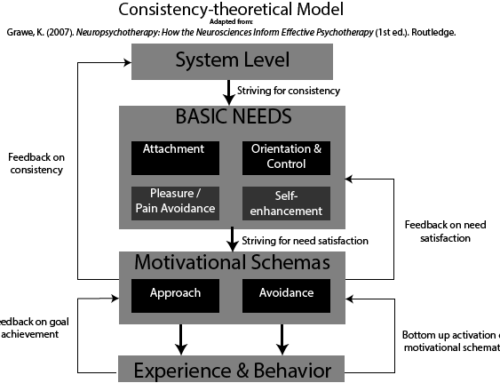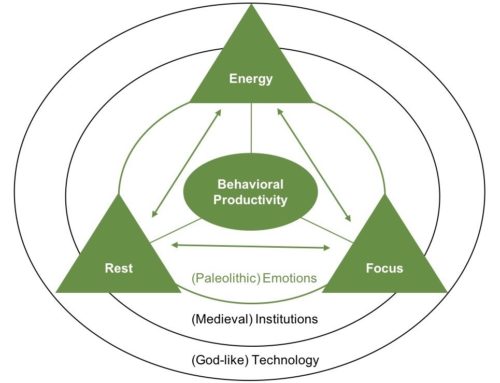Notes written as I listened to interview with Cherie Silas as part of the Essence of Mastery Summit.
All of coaching is at a personal level but we are within systems
The system is intelligent, just like people. They are competent and don’t need fixing. There is wisdom inherent.
We are there to listen to all levels of the system and then we reflect that back to the system (not analyzing).
Goals are collaborative in systems, same pieces as a personal coaching session.
Reflection at MCC levels…themes about what is going on > Bigger and more open questions.
People are collapsing team coaching to facilitation and losing core competencies – forgetting open questions and so on.
In team coaching – role of reflecting back.
When face to face we hold and create the space that is conducive to them working together > Circle / whiteboard etc
Coach talks to the system NOT the people
Accountable & Responsible for making the change lies with the organisation NOT the coach.
Team need to clarify ways of working to be effective – how will we deal with…. a range of issues – These need to be discussed and help build agreement.
Contract as a coach is essential. Triangular contracting: Team & Boss is common – What is / is not confidential etc?
Coach is not the secret keeper – we can’t remember what we discussed – don’t expect us to remember.
Be aware of being judgemental i.e. “that is a great idea!” – May not be
Remaining neutral is hard when working with multiple people.
Coaching presence – Partnership is embedded in this and view client as competent.
You don’t do the work for them or try and rescue them.
“How would you behave differently if you saw all as amazing and competent who invited you to partner with them?”
Beware of misalignment – conflict ensues – they need to see that this is in the middle of the system. Parts of a system i.e two execs with different ideas (power & politics).
Put problem in front of the team – they may not even recognise the issue. Make them aware of the system! If they are aware, they can repair it or figure out what to do.
Focus on big open questions in partnership.
Aim to reflect learning – what have you discovered about self / systems – How will you take learning forward?
When you hear complaining – ask for what they would like to be different.
Get leaders to direct communication to teams, not via coach.
Contracting is critical.
Coaches help uncover our blindspots and raise awareness.
BE aware of the bias on our view of how things should be: client and organisation > judgement / rolling our eyes are examples of our own bias >> Connects to emotional intelligence!
If you are frustrated – you are on your own agenda – good sign of not being in neutral.
Closing thoughts: ICF core competencies are vital in org / system setting. They are fully translatable and can be used at scale. Just ask…what would it look like?
Key takeaways for me are:
1) The importance of contracting in system coaching
2) The need to raise my awareness of my own bias and don’t let it get in the way of my work
3) Coaching competencies still work in team / system coaching: adapt to situation – but think and reflect on what would MCC be like at this level.

Image Source: Pixabay






Leave A Comment